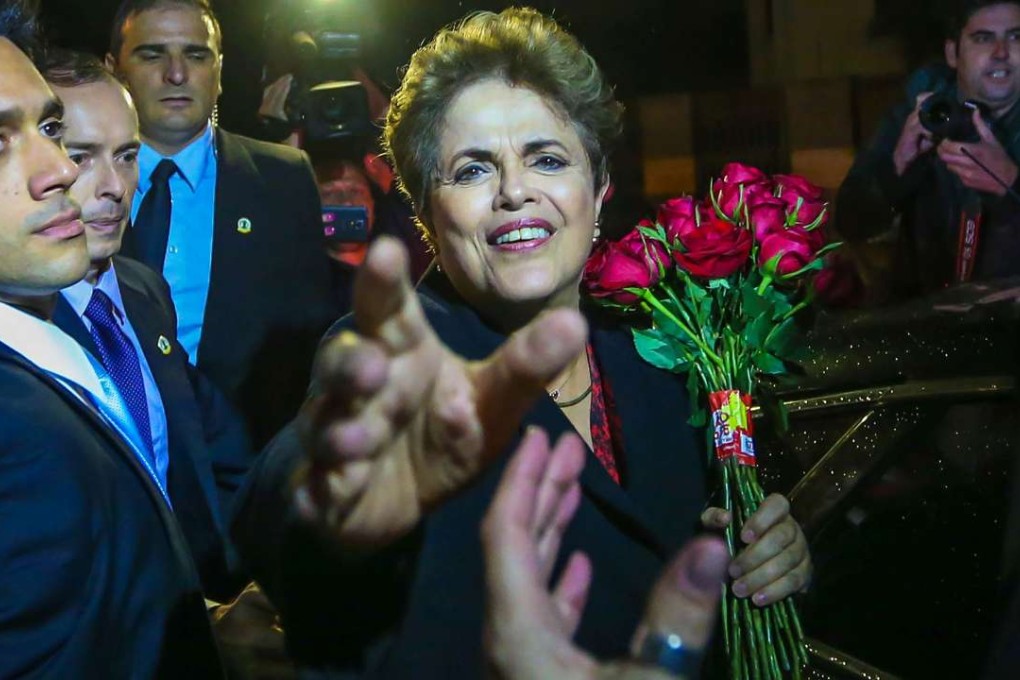Fixing Brazil’s problems must take priority over politics
The country’s long economic decline must be reversed, and that requires setting aside political disputes

Brazil’s myriad problems have not been erased with the removal of Dilma Rousseff as president. Her impeachment has heightened political and social divisions in society. The healing process has been made challenging by the appointment of Michel Temer, who led the push for her ousting, as her successor until elections in 2018. But Brazilians expect their leaders to put their nation back on a positive path, so adopting a deferential approach towards opponents and existing policies is essential.
The manner in which Rousseff had her job taken raises doubts as to whether that is likely. Impeachment proceedings were launched against her after she refused to stop a corruption inquiry in which dozens of lawmakers were implicated. Senators voted 61 to 20 for her removal for using state bank funds to prop up the budget prior to her election in 2014, considered a crime, yet a practice among predecessors for which no action was taken. Many of the legislators who opted for her ousting are accused of graft and bribery.
